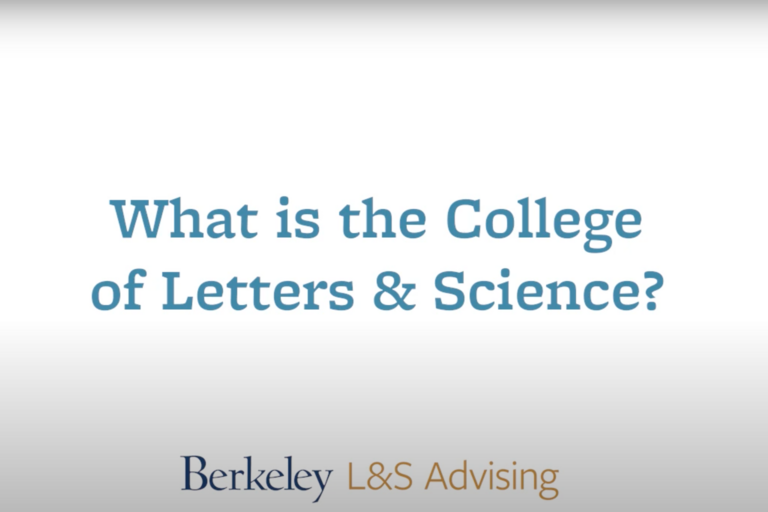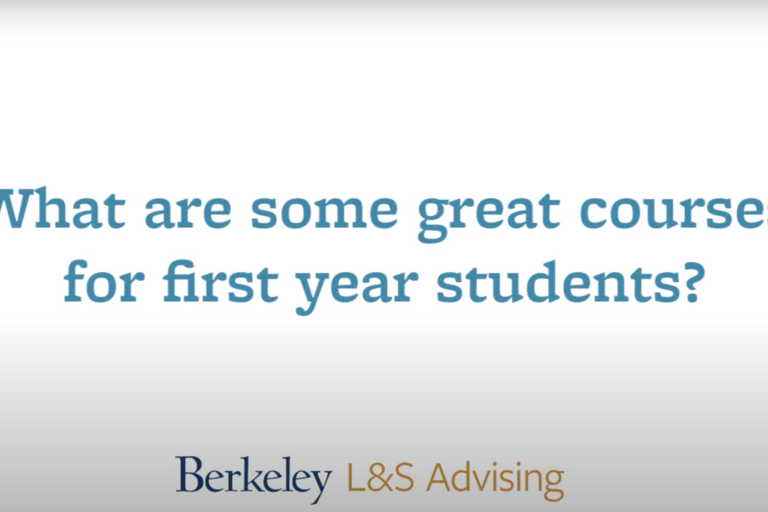Welcome to UC Berkeley's College of Letters and Science!
Congratulations on your acceptance to UC Berkeley! Many students find that themselves both excited and full of questions after they get their acceptance. You may be wondering what to expect and how to sort through the huge amount of information out there.
Whether you have just learned you've been accepted to Cal or are already in your first year, this guide will highlight resources, tips, and policies that might be particularly helpful for you at each stage of your transition into Cal.
Transfer student? Check our New Transfer Student Guide instead.




